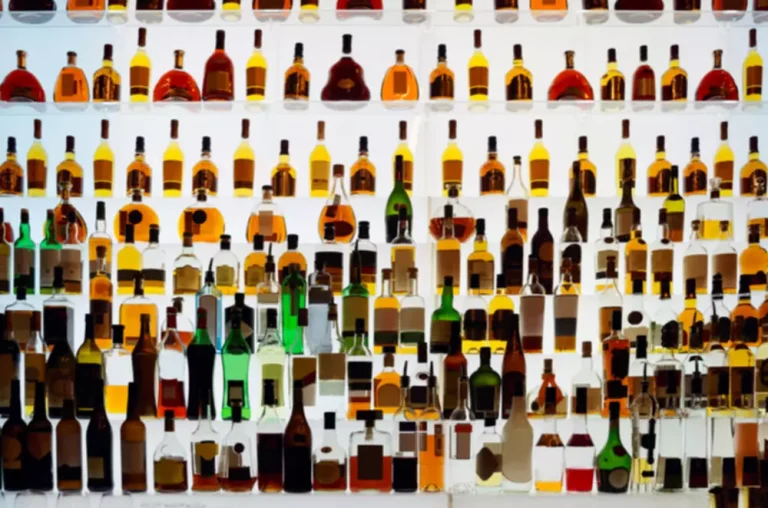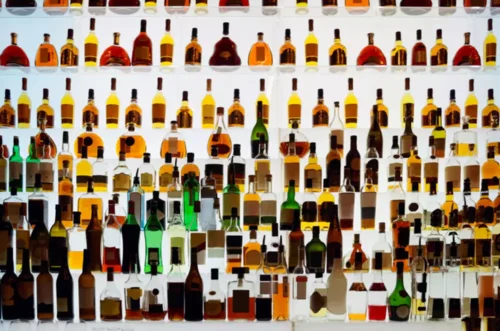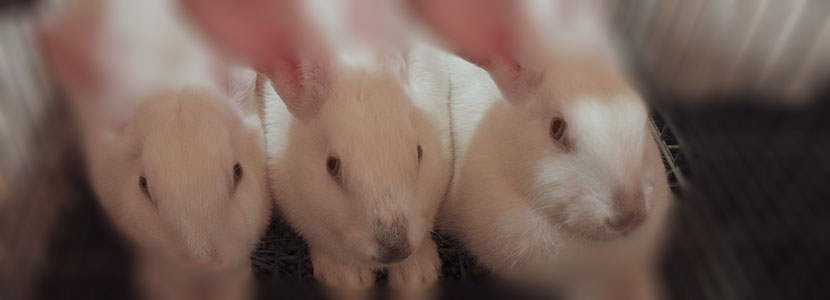
Some people define blackouts as a temporary loss of consciousness that typically lasts for a few minutes. If you’re unable to control how much you drink, avoid drinking altogether. If you have experienced a blackout before, you’re likely at a higher risk for blacking out in the future and should exercise caution. If you’re worried about how much a friend has had to drink, ask him about something that occurred 10 blackout amnesia to 15 minutes ago. If you see warning signs for alcohol poisoning or overdose — such as vomiting, difficulty breathing, or cold or blue skin — then get emergency medical help immediately.
Researchers
This method of analysis was chosen because bootstrapping limits assumptions and Type I error while increasing power to detect effects in small samples (Fritz, Taylor, & MacKinnon, 2012; Hayes & Scharkow, 2013). Alcohol-induced blackouts are defined as amnesia, or memory loss, for all or part of a drinking episode. This memory loss can be sputtering, called fragmentary, or continuous, called en bloc. They found that alcohol dependence symptomspredicted an increased frequency of blackouts and consequences the followingyear. Alcohol-induced blackouts during the past three months prospectivelypredicted increased social and emotional negative consequences, but not alcoholdependence symptoms the following year. These findings contradictJellinek’s theory of alcoholism, which posits that alcohol-inducedblackouts are a precursor of alcoholism (Jellinek, 1952).

Consequences
- Dissociative barriers between alters are not tangible, literal things, and more information can bleed through them than some might expect.
- Collectively, findings suggest that screening for alcohol-induced amnesia may help identify individuals who would benefit from brief personalized feedback comparing their alcohol use to that of their peers.
- You can recover from an alcohol blackout by drinking water and beverages containing electrolytes, such as sports drinks.
- Sudden memory loss can be caused by things as varied as alcohol-related blackouts, cancer treatments, strokes, and taking different medications.
- As internal worlds do not always run parallel to the outside world, an alter may spend what feels to them like a week inside only to return to the outside world and find that months have passed in their absence.
Experts believe that when people are experiencing a threatening feeling, thought, or memory, it can overwhelm them so much that it induces a seizure. Other possible causes of blackouts include syncope, epilepsy, and stress. Memory disruptions by alcohol leading to blackout have been linked to inhibition of long-term potentiation, particularly in the hippocampus, by affecting gamma-Aminobutyric acid (GABA) and N-methyl-D-aspartate neurotransmission. If you think you’ve been injured, sexually or physically assaulted, it’s important that you get medical attention immediately and talk to the police about everything you can remember.

What Causes Alcohol-Induced Blackouts?
In the end, there is no way to get memories back once they’re gone. Cutting back or stopping alcohol altogether is the best way to prevent memory loss and protect your brain’s health. Restricting alcohol intake was previously believed to protect cognitive function. However, this belief is no longer held by most medical professionals. Moderate-to-heavy alcohol use has always been linked to a higher risk of negative outcomes.

The experience can be compared to snapping photos only to discover later that there was no film in the camera. There is no way to recover the pictures you thought you were taking. The difference with a blackout is that, not only are there no pictures in the camera, but your mind has absolutely no memory of having taken the pictures. While we are unable to respond to your feedback directly, we’ll use this information to improve our online help. This seemingly aware state can make it difficult for other people to recognize if a person is in a blackout. Although this part of the brain can build up long-term tolerance to alcohol, this isn’t true of the hippocampus.
- Using a seven-day grid, participants indicated how many drinks they had consumed on each day of a typical week in the past 30 days.
- To assess peak BAC, participants indicated the number of drinks consumed and number of hours over which they were consumed on their heaviest drinking episode in the past 30 days.
- Alcohol use can lead to both one-time blackouts and long-term memory loss that mimics dementia.
- During an episode of transient global amnesia, a person is unable to create new memory, so the memory of recent events disappears.
- For decades, researchers have known that alcohol disrupts the brain’s ability to transfer memories from short-term to long-term memory, but they didn’t know how.
- These drinking behaviors among college students have led to thousands of deaths and assaults each year.




